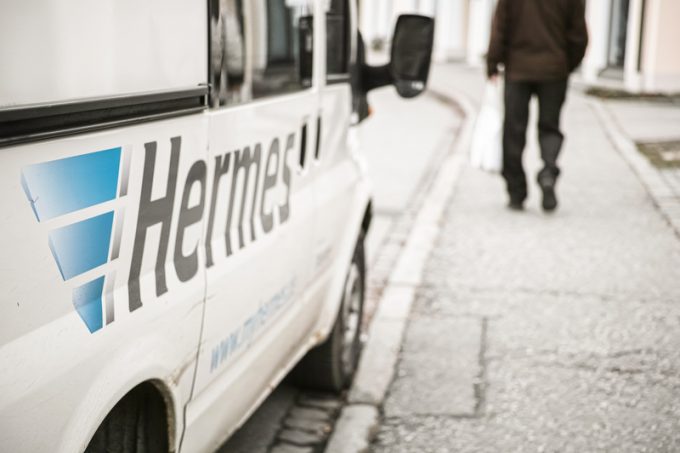Conf call redux: DSV – Schenker integration a work in progress
Next few quarters – pay attention!

FedEx needs a B2C channel for the European market, while Hermes’ owner has been looking for a strategic partner – but is this a match made in heaven?
And how deep would any embrace be?
According to observers, FedEx is the front runner to team up with ...

Comment on this article